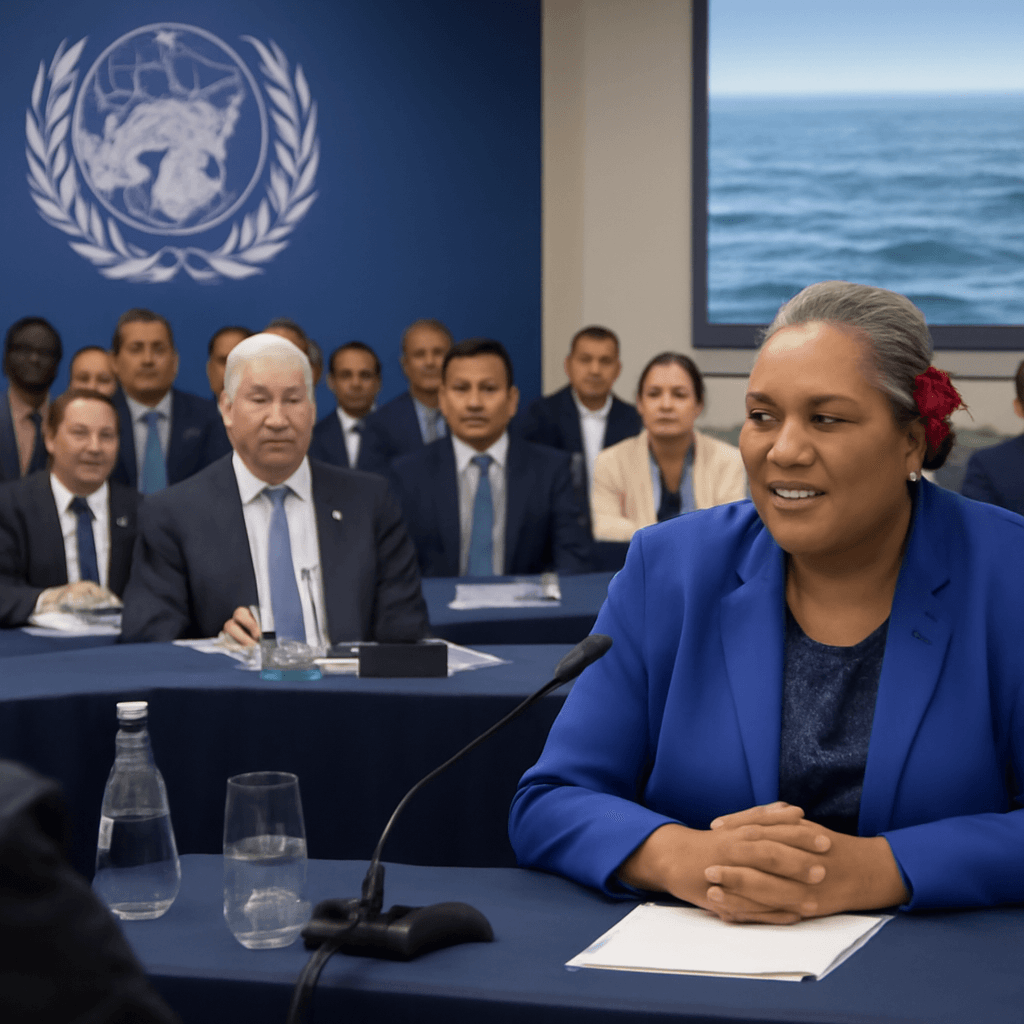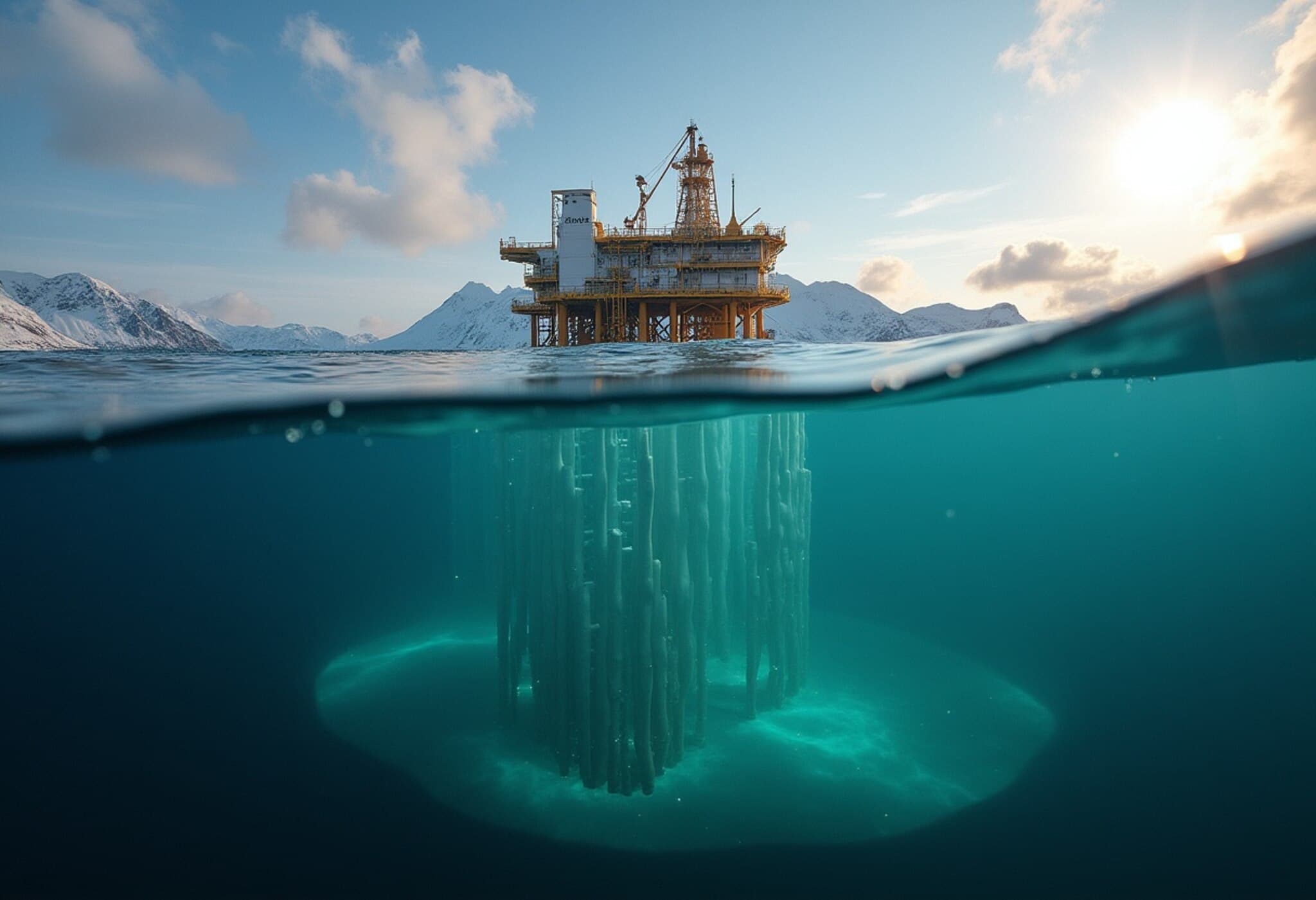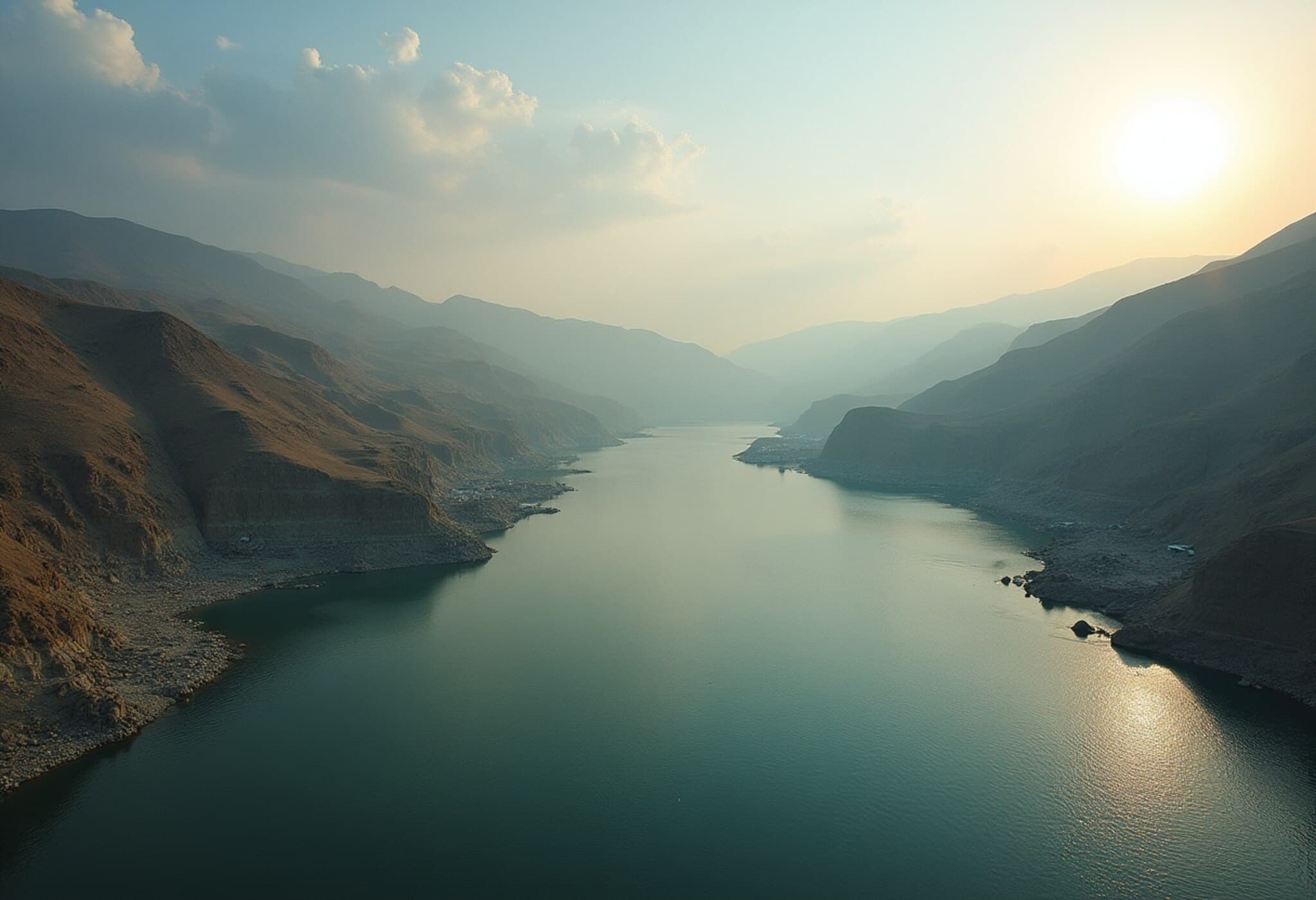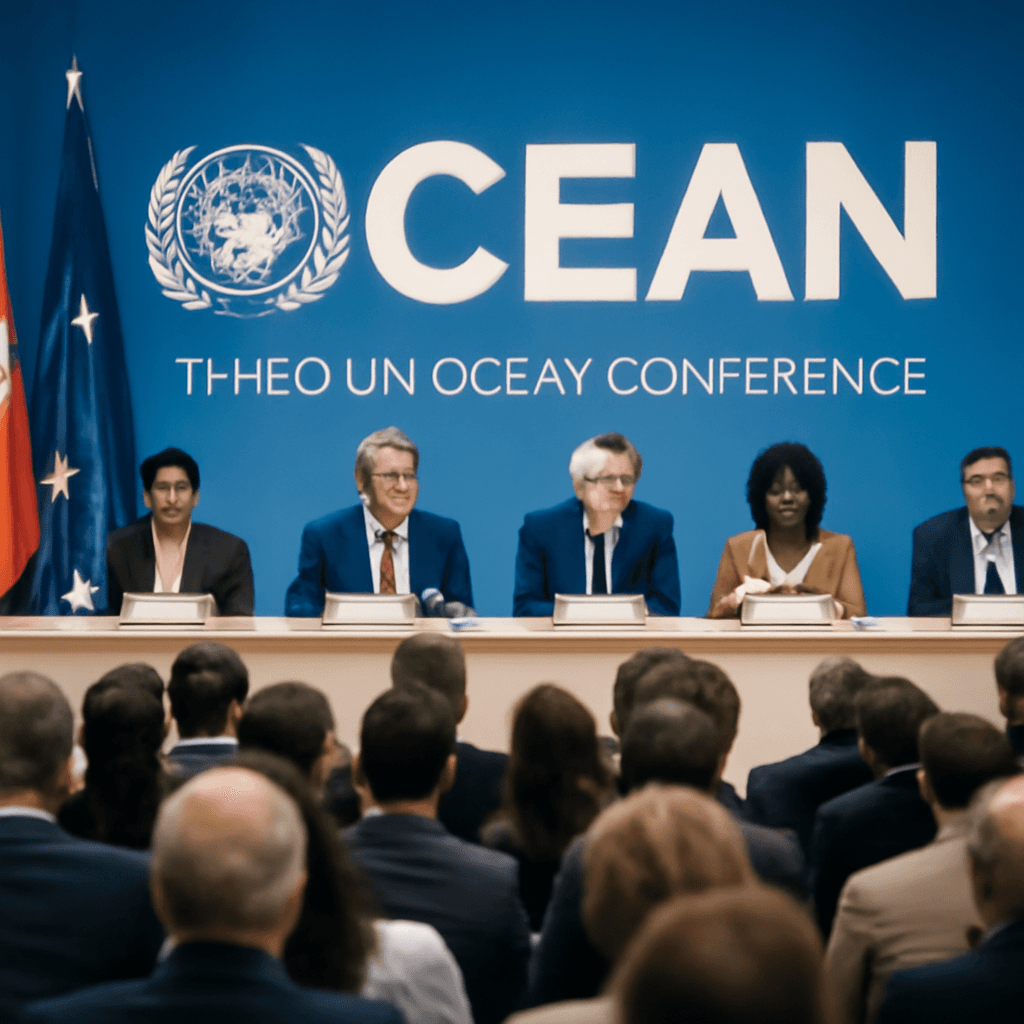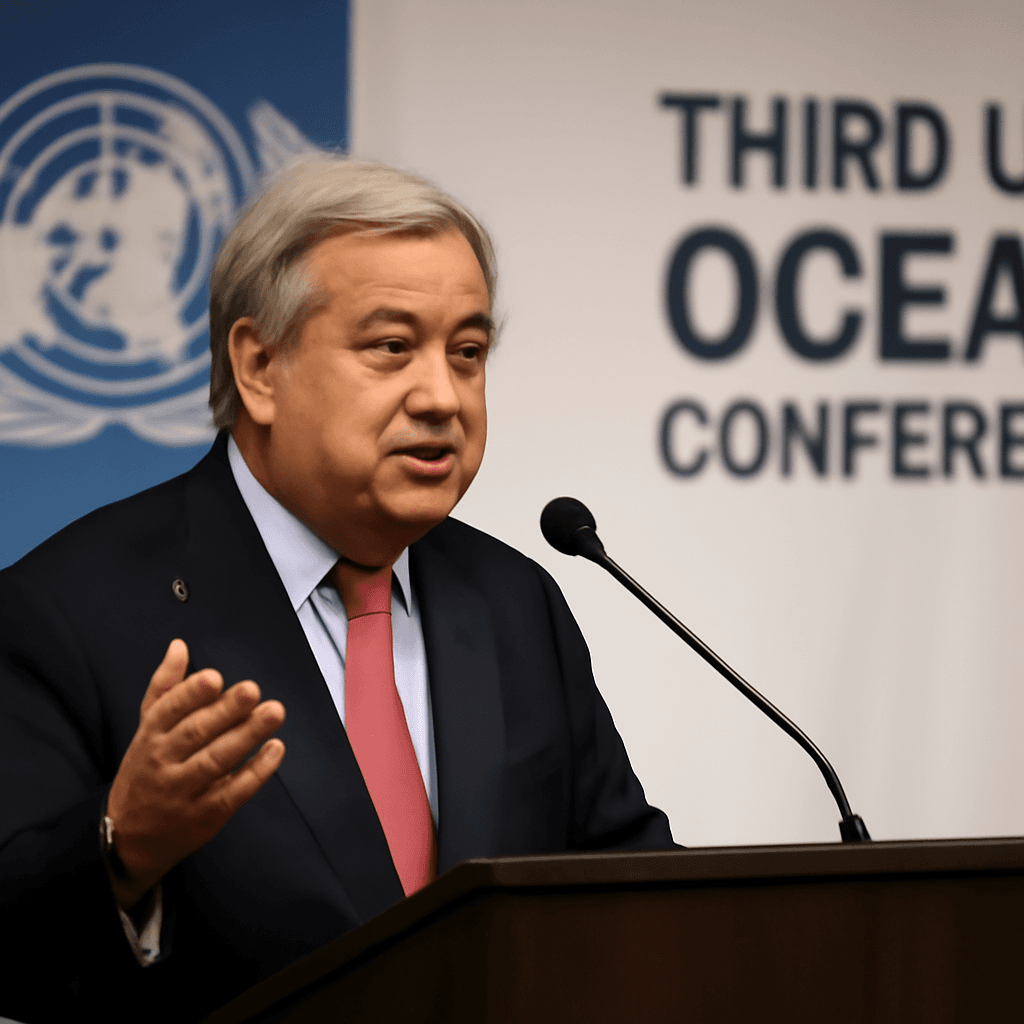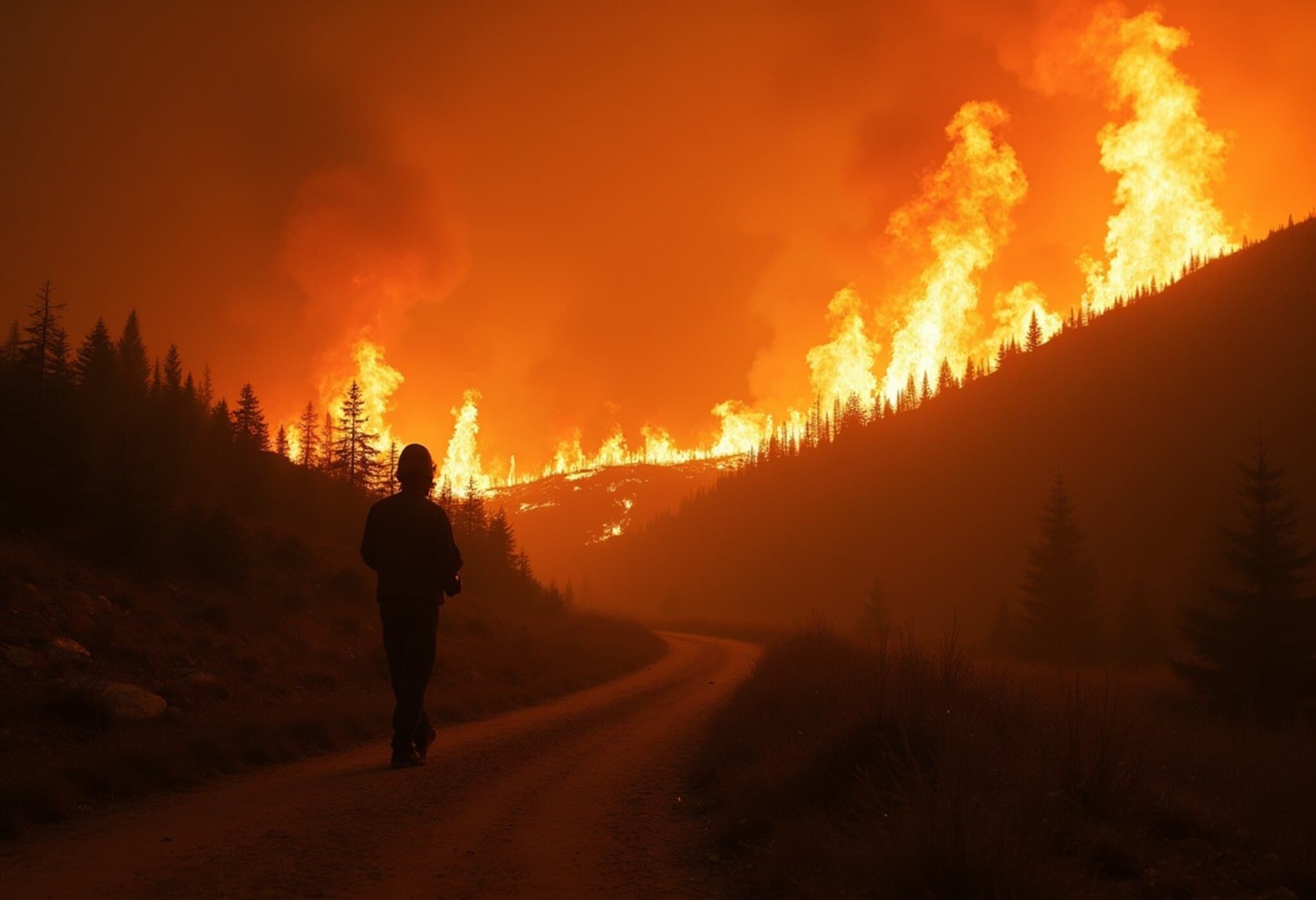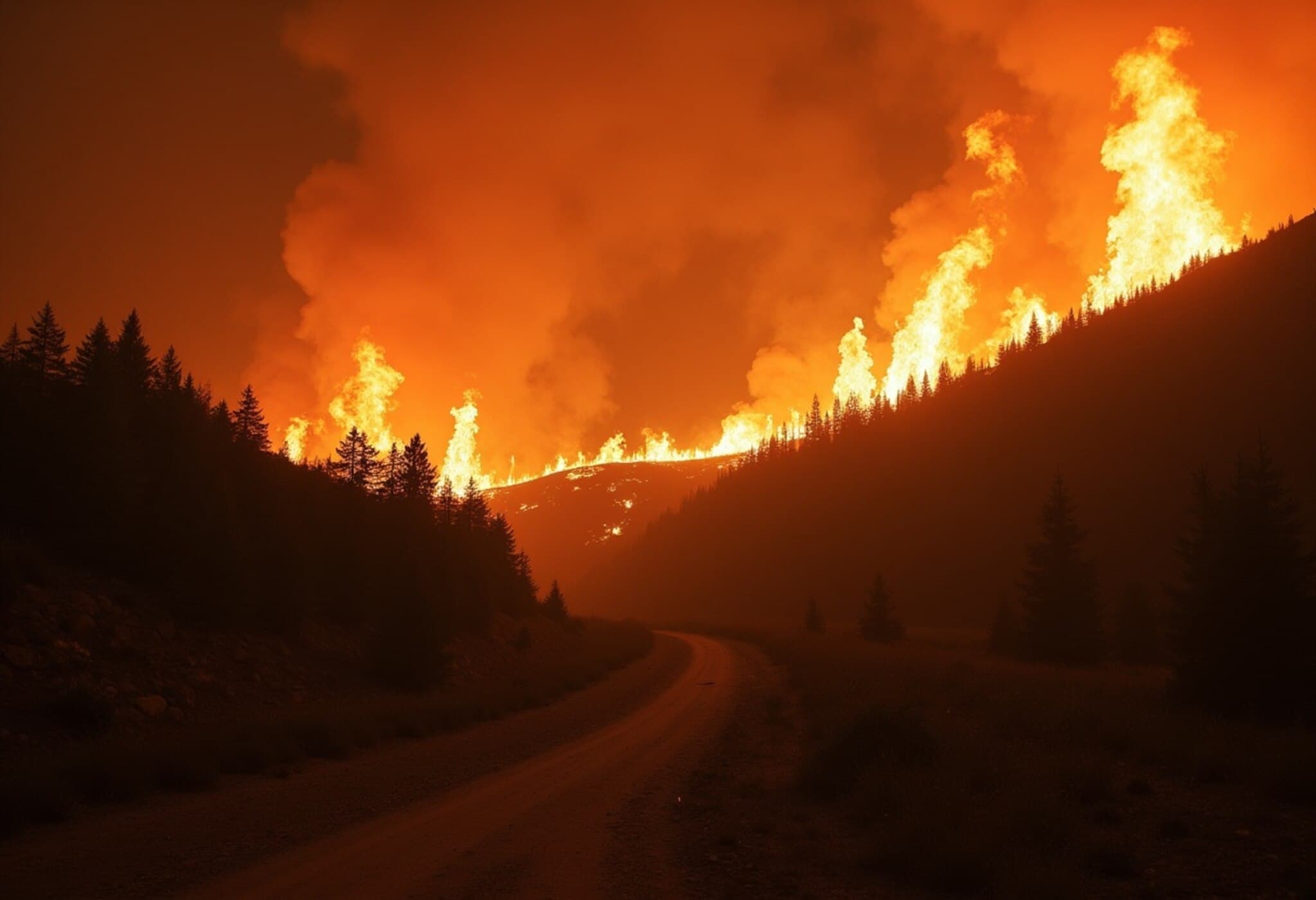Global Leaders Convene Amid Oceans Emergency Alert
As the world's eyes turn to the French Riviera, an urgent call to action resonates: the health of our oceans is at a breaking point. At the United Nations Ocean Conference in Nice, scheduled to commence on Monday, delegates face mounting pressure to commit substantial resources and enact robust protections against escalating threats like overfishing, pollution, and habitat destruction.
UN Sounds the Alarm on Ocean Crisis
The United Nations has officially declared an oceans “emergency,” signaling that the planet’s marine ecosystems are under unprecedented stress. Against this backdrop, the summit aims to forge meaningful strategies, even as debates intensify over controversial subjects such as deep-sea mining, plastic pollution, and unsustainable fishing practices—all complicated by geopolitical tensions.
Leaders Step Up Calls for Immediate Action
French President Emmanuel Macron, delivering remarks ahead of the summit during a gathering in Monaco, emphasized the non-negotiable nature of the crisis: “We have a duty to mobilise, because the science is clear and the facts are there.” Attendees include over 60 heads of state and government, including Brazil’s President Luiz Inacio Lula da Silva and Argentina’s President Javier Milei.
President Lula underscored the stakes, declaring, “Either we act, or the planet is in danger.”
Preparations and Security at the Summit
As Macron tours the conference venue—designed to resemble the huge cavern of a whale—France has deployed a security force of 5,000 police officers to ensure safety throughout the five-day gathering. The agenda also includes scientists, environmental groups, and business leaders, with robust representation expected from Pacific Island nations urgently seeking financial support to battle rising sea levels and dwindling fish stocks.
Notably absent is an official U.S. delegation, as recent moves to accelerate seabed mining under previous administrations sparked widespread international criticism.
Challenges Beyond Discussion: Calls for Concrete Action
While the conference is not set to yield a legally binding treaty, conservationists warn that without actionable commitments, it risks being just another forum of empty promises. Last weekend, France announced plans to limit bottom trawling—a highly destructive fishing technique—in several marine protected areas. The United Kingdom echoed similar intentions, aiming to expand restrictions to over half of its protected English waters.
Despite these positive steps, environmental advocates argue they fall short of what’s necessary to reverse ocean decline.
Urgent Need for Funding and Protection Targets
One of the summit’s key demands is unlocking the financial resources required to meet the global goal of protecting 30 percent of the world’s oceans by 2030, an ambitious target endorsed by nearly 200 nations in 2022. Presently, only about 8 percent of oceans are designated as marine conservation zones, with even fewer truly safeguarded.
Brian O’Donnell, a conservation campaign leader, asserts, “There is money. There is not political will.” Greenpeace has projected that at the current rate, achieving this target won’t happen for another 82 years.
Island Nations Lead by Example
Amid this urgency, Samoa made headlines by designating 30 percent of its national waters as protected zones through the creation of nine new marine parks. Environmentalists hope other attendees will follow this commitment, especially Pacific leaders whose ambitions could inspire global change.
Kevin Chand from the nonprofit group Pristine Seas noted, “Their ambition and dedication to ocean protection can serve as inspiration to all countries.”
Additional Priorities and Future Prospects
The conference also seeks momentum toward agreements limiting harmful fishing subsidies and advancing protections for international waters beyond national jurisdiction. France is championing a moratorium on deep-sea mining in the lead-up to a pivotal International Seabed Authority meeting in July.
Looking Ahead
With the stakes high and the clock ticking, this summit represents a critical crossroads for ocean conservation. The decisions made in Nice could shape marine policies for decades to come, determining whether collective efforts will finally rise to meet the mounting crisis or if the oceans’ decline will continue unchecked.

